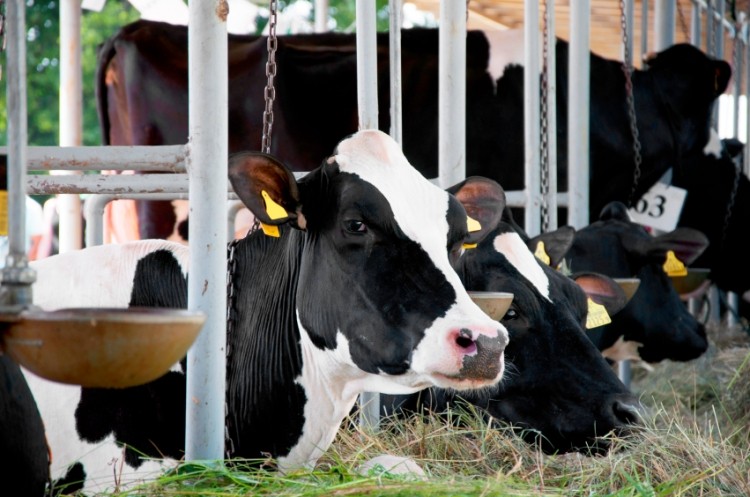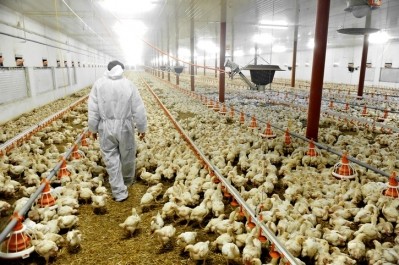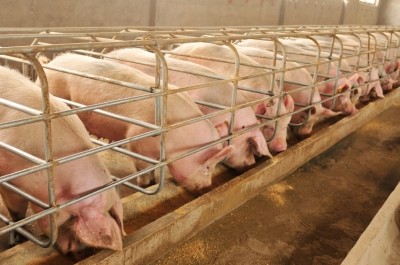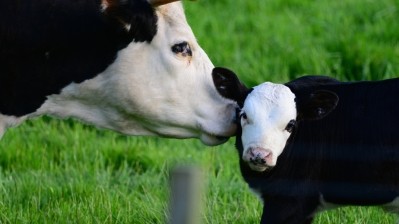Risk assessor also recommends lower iron levels for bovine and poultry feed
EFSA cautions against use of ferrous carbonate as an iron source for young animals

"There is clearly a large variability in the bioavailability of iron from different ferrous carbonate sources, but ferrous carbonate is generally less bioavailable than ferrous sulphate.
For adult animals, iron supplementation is less critical and ferrous carbonate might be sufficiently efficacious,” found its Panel on Additives and Products or Substances used in Animal Feed (FEEDAP).
Mineral raw material supplier, Sibelco Europe MineralsPlus, formerly known as Ankerpoort, had requested re-evaluation of the iron-containing additive ferrous carbonate, when used as a feed additive for all animal species.
The scientists found iron from ferrous carbonate is unlikely to modify iron concentration in edible tissues or products of animal origin and so they could not identify any consumer safety concerns arising from the use of the additive in animal nutrition, provided the maximum iron content in complete feed is respected.
And, as an ore, they noted ferrous carbonate shows variations in composition and bioavailability, depending on the mining location from where it is sourced.
The theoretical content of iron in ferrous carbonate is 48.2%.
The Panel said the assessment of the safety and efficacy of that iron source was based on the literature only as no studies were available on the additive under application.
EFSA recommends lower iron levels in bovines and poultry
The Parma based risk assessor also recommended some of the currently authorized maximum iron contents in complete feed should be lowered for bovines and poultry from 750mg to 450mg Fe per kg.
The FEEDAP Panel said it agrees with the findings of the US’s National Research Council (NRC) that concentrations above 500mg Fe per kg of dry matter (DM) in ruminants would result in adverse effects, primarily expressed as reduced feed intake and partially combined with signs of copper deficiency.
The EFSA Panel also cited a study showing increasing iron concentrations resulted in decreased feed intake and delayed growth in poultry and it accepts the NRC conclusion that 450mg Fe per kg complete feed is safe for poultry.
The Authority said its opinion was informed by the findings of the University of Ghent study on trace elements that it had commissioned previously.














